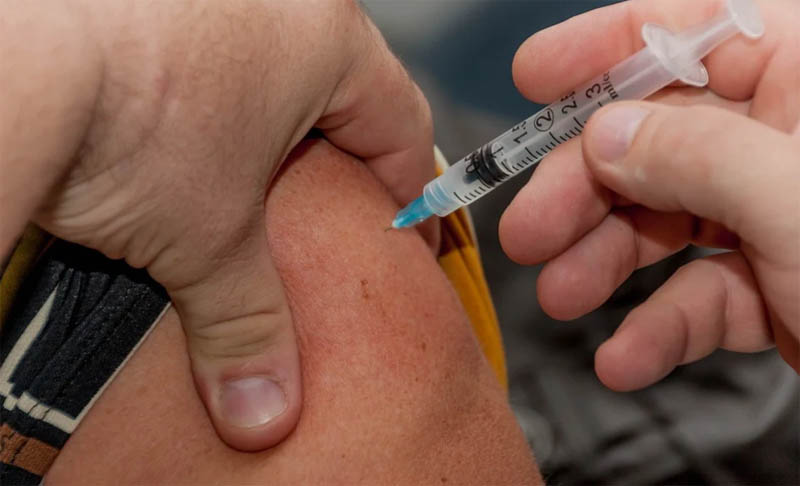 Nepal Vaccination
Nepal Vaccination Nepal to administer Sinopharm vaccine to people aged 60- 64 years
Around 800,000 Sinopharm vaccines that Nepal has received on Tuesday from China will be used to inoculate people aged between 60-64 years, Nepali officials have decided. China has promised to donate a million doses of Sinopharm vaccines to Nepal.
“We will administer the vaccine from all 77 districts throughout the country,” Dr. Jhalak Gautam, chief of the National Immunisation Programme, was quoted as saying by The Kathmandu Post. He informed doses for the second jab will be preserved from this stock.
He also informed that most people from high mountain districts have already received the first dose of Covishield hence they will not seek Sinopharm. However, there is no clarity when the SII would provide one million vaccines Nepal has already paid for.
Earlier in March, China had provided 800,000 doses of Sinopharm vaccines to Nepal. The country has so far immunized around 2.1 million people, just seven percent of the total population.
China has also provided significant assistance when Covid cases exploded recently.
“The speed of the surge in cases has resulted in acute shortages of essential supplies— human resources, oxygen, critical life support equipment, and trained critical care health workers,” Sambhajirao Pandav, Nepal’s representative of the World Health Organisation (WHO) representative, said.
The country’s health infrastructure is extremely stretched, with the shortage of oxygen supply.
Support Our Journalism
We cannot do without you.. your contribution supports unbiased journalism
IBNS is not driven by any ism- not wokeism, not racism, not skewed secularism, not hyper right-wing or left liberal ideals, nor by any hardline religious beliefs or hyper nationalism. We want to serve you good old objective news, as they are. We do not judge or preach. We let people decide for themselves. We only try to present factual and well-sourced news.







